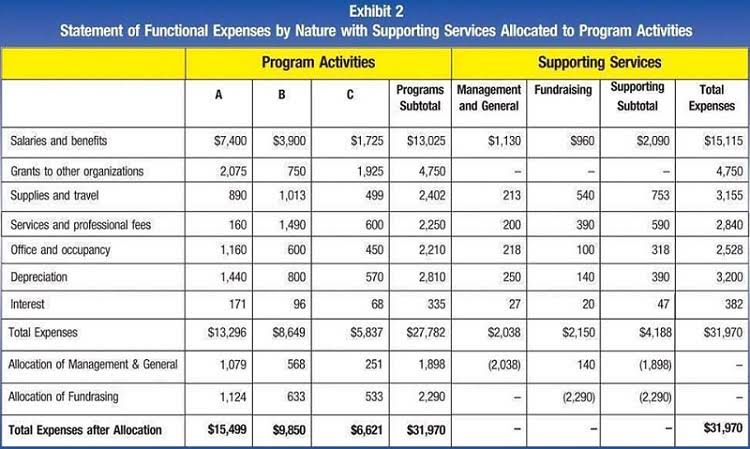
They represent a liability for the issuer, as the funds are allocated and effectively removed from the available cash balance, yet they do not decrease the bank account balance until processed. This discrepancy arises because the timing of the check writer’s record-keeping does not align with the bank’s transaction processing. Outstanding checks are checks that have been written and issued by a company or individual but have not yet been cleared or processed by the bank. They represent a liability on the balance sheet until they are presented for payment, impacting the reconciliation between the bank’s records and the entity’s records. The presence of outstanding checks is crucial in ensuring accurate cash flow management and proper financial reporting. The existence of outstanding checks can complicate the reconciliation process of a company’s bank statements.
Risks of Outstanding Checks
By keeping track of every check you write and regularly cross-checking your records with your bank statement, you can avoid unnecessary delays, fees, and other budget pitfalls. A well-managed bank account is a stepping stone toward a secure financial future. If an outstanding check is not cleared within a reasonable amount of time, it can result in inaccurate account balances, legal disputes, and even criminal charges for fraud or theft. It is important to regularly monitor your account and reconcile any outstanding checks to avoid these potential risks.
Outstanding Check: Definition, Risks, And Ways To Avoid
- Before sending one, ask the payee to return the old check to eliminate the possibility of both checks being deposited, either intentionally or unintentionally.
- He issues an outstanding check, valid for one month, upon the delivery of the mobile shipment from the dealer to the shop.
- The payee, or recipient, should take steps to deposit outstanding checks as quickly as possible to avoid the risk of their becoming void.
- When preparing financial statements, one doesn’t directly add outstanding checks to the balance sheet.
- An outstanding check represents a payment that has been written but not yet cleared by the bank.
- Perhaps the check was lost, or the payee may have encountered an issue that prevented them from depositing the check promptly.
- This includes tracking each transaction that has been made, ensuring that all checks have been deposited or cashed, and balancing your account on a regular basis.
Before diving in any further, if this is your first time visiting GlobalBanks, don’t forget to download your FREE US Banking Starter Guide. an outstanding check is one that has not yet been issued. It’s designed to help non-residents with opening bank accounts at top financial institutions in the US. Fortunately, banks don’t have a legal obligation to honor checks written more than six months in the past.
- Of course, it’s best practice to deposit a check as soon as you receive it, which is why most checks include language encouraging a timely deposit.
- A few years ago, an international scam involving over $25 million worth of uncashed cheques that were supposedly meant for Nigerian pensioners gained public attention.
- This lag can lead to a misrepresentation of the actual available funds, which, if not accounted for, may result in erroneous financial decisions or reports.
- An outstanding check also refers to a check that has been presented to the bank but is still in the bank’s check-clearing cycle.
Capitalizing Software Development Costs in Financial Reporting

If you wait too long, the check can go stale, and no longer be considered valid. If it has been more than six months, contact the issuer to resolve the matter. If the sticking point is that you don’t have an account into which you can deposit the check, you can easily open a checking account. If an outstanding check from the previous month did not clear the bank account in the current month, the check will remain on the list of outstanding checks.

Moreover, careful recordkeeping could prevent timely bill payments from going unnoticed. Outstanding checks refer to checks that have been issued to a recipient but have not yet been cashed by QuickBooks the recipient or the recipient’s bank. In other words, the person or company that issued the check is still waiting for the value of the check to be withdrawn from their account.


